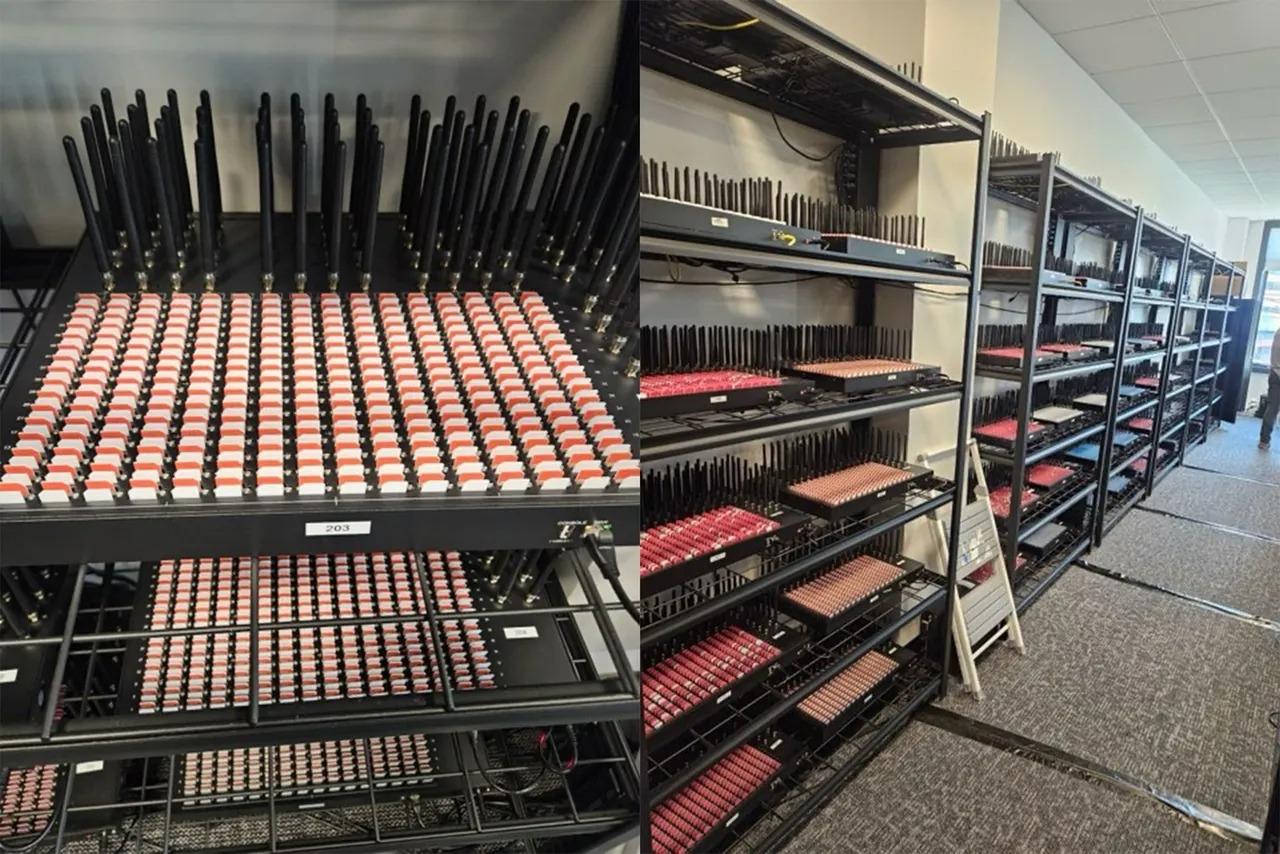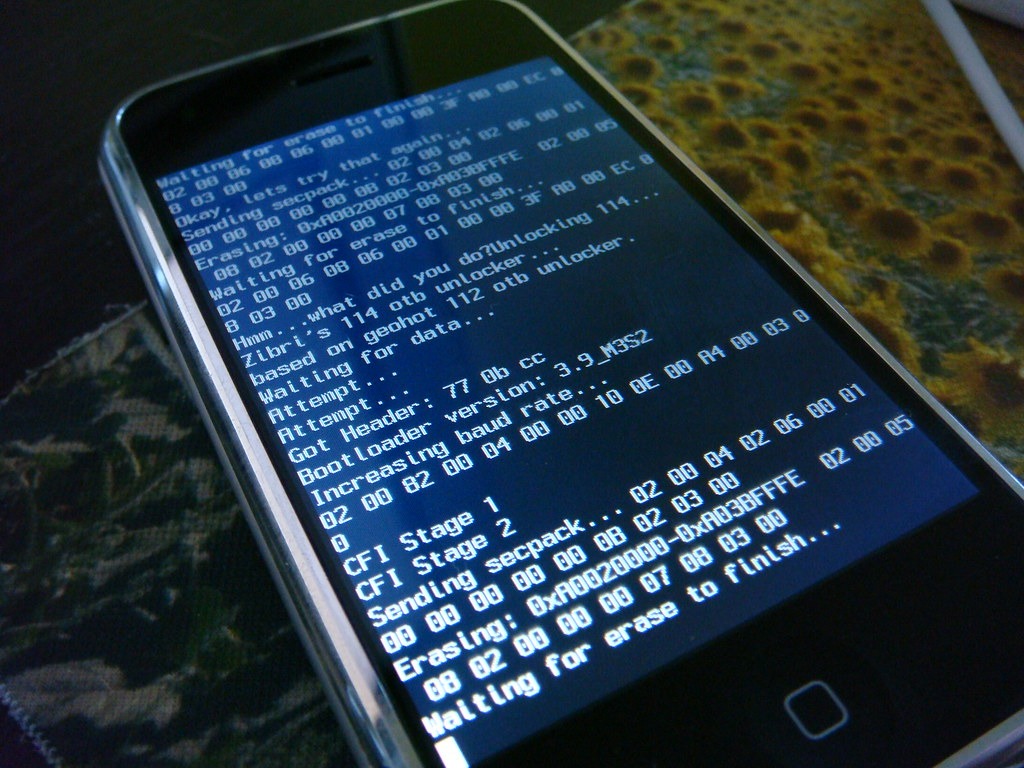When your phone can’t connect during an emergency, every second counts. The massive SIM farm the Secret Service just dismantled across the New York tristate area could have made that nightmare scenario reality for millions. With over 100,000 SIM cards and 300 servers seized, investigators discovered a network capable of sending 30 million texts per minute—technically enough to message every mobile phone in America in about 12 minutes.
From Spam to Infrastructure Warfare
What started as criminal harassment evolved into a potential weapon against critical communications.
This wasn’t your typical spam operation. Law enforcement sources estimate the network possessed enough capacity to overwhelm cell towers or completely incapacitate cellular service across New York City.
The discovery came after the SIM farm powered “swatting” attacks targeting US Congress members in December 2023—crimes that led to convictions of Romanian actors and a notorious American swatter. The scale represents a disturbing evolution from garden-variety cybercrime to infrastructure-level threats.
Technical Flexibility Enables Multiple Attack Vectors
Commodity hardware creates sophisticated criminal capabilities that evade traditional detection methods.
SIM farms leverage specialized “SIM boxes“—illegal modems housing hundreds of cards simultaneously. Their flexibility makes them particularly dangerous:
- Cards can be swapped to bypass carrier filtering
- Traffic disguised geographically
- Accounts programmed to fake human behavior at scale
“The disruption of cell services is possible, flooding the network to the degree that it couldn’t take any more traffic,” explains Ben Coon from cybersecurity firm Unit 221b. Beyond network attacks, these operations enable fraud, fake social engagement, and coordinated disinformation campaigns.
Ongoing Investigation Reveals Industry Vulnerabilities
Federal authorities moved quickly given proximity to UN meetings and potential for mass disruption.
The Secret Service seized equipment just as UN General Assembly meetings approached, recognizing the catastrophic potential for coordinated attacks during high-profile international events. No arrests have been reported yet as investigators analyze tens of thousands of records.
Major telecom provider MobileX confirmed some of its SIM cards were found at the site and pledged full cooperation, acknowledging that low-cost, easily activated SIMs attract both legitimate users and “bad actors.”
This unprecedented bust reveals how accessible commodity technology can threaten essential infrastructure. As these operations become more sophisticated, your daily cellular service depends increasingly on carriers’ ability to detect and neutralize threats that hide in plain sight.




























